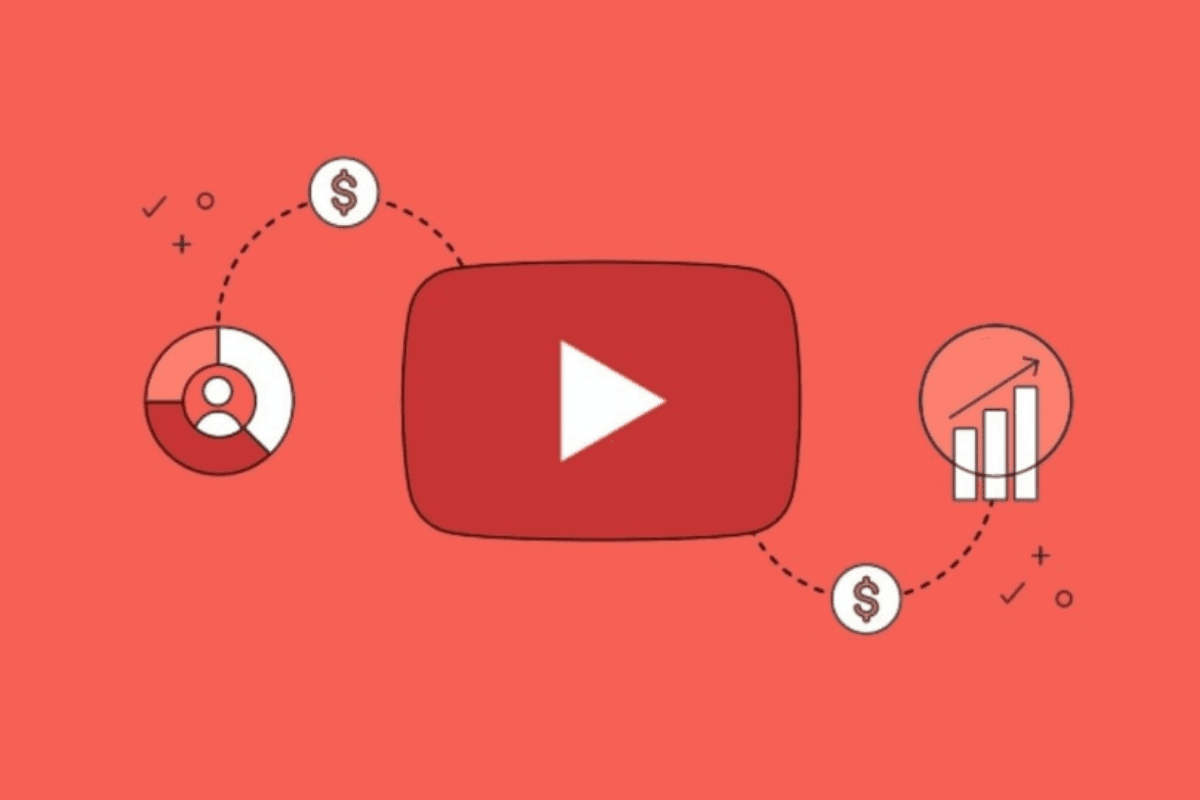Understanding Google’s Latest Spam Updates
Google continually refines its algorithms to ensure users receive the most relevant and trustworthy search results. The latest Google’s spam updates focus on some combating manipulative SEO strategies. Failing to comply with Google’s guidelines can result in ranking drops or complete deindexing, which can be devastating for businesses relying on online visibility.
Common SEO Practices That May Trigger Penalties
Even well-intentioned businesses can inadvertently adopt SEO strategies that violate Google’s spam policies, resulting in ranking drops or even deindexing.
Keyword Stuffing
Keyword stuffing occurs when businesses excessively repeat specific keywords in an attempt to manipulate search rankings. This can make content feel unnatural and difficult to read. For instance, a local IT support company might repeatedly insert phrases like “Gold Coast tech support” into a paragraph without considering readability. Instead of forcing keywords, businesses should focus on using them naturally within well-structured, informative content. It’s better when you’re writing for real users rather than search engines to ensure that content remains engaging and relevant while still being optimized for SEO strategies.
Over-Optimized Anchor Text
The clickable words utilized in a link known as anchor text performs a crucial position in search engine optimization. However, using the identical keyword-heavy anchor textual content across more than one backlinks can appear manipulative. Diversifying anchor text with variations, branded phrases, and natural phrases helps maintain a healthful one-way link profile. For example, a mix of anchor texts such as “read more about marketing support”, and “trusted marketing services on the Gold Coast” appears more organic and reduces the risk of penalties.
Low-Quality AI-Generated Content
While AI tools can create well-pleasant content, counting on them without human oversight often results in widely wide-spread, low-price content. Google’s spam updates always prioritizes high-quality, original materials written with a human-first method. As a result, AI-generated content material that typically lacks intensity, particular insights, or proper shape may be categorized as spam. Businesses using AI for content generation ought to constantly refine drafts with expert insights, make certain clarity, and include actual-world examples or localized perspectives applicable to Gold Coast audiences.
Excessive Guest Posting For Links
Guest posting is a legitimate SEO strategy, but excessive backlinks can lead to penalties. Businesses should focus on high-quality guest articles on authoritative, industry-relevant websites, offering valuable insights, research, or case studies. Google evaluates the intent behind guest posting and devalues manipulative links. Instead, businesses should prioritize publishing high-quality guest posts for better rankings.
Buying Links
Purchasing backlinks from hyperlink farms, personal weblog networks (PBNs), or low-excellent directories is one of the maximum direct violations of Google’s spam updates. While paid links may also provide a short-time period enhancement, Google’s set of rules can discover unnatural hyperlink-building patterns and penalize websites undertaking these procedures. A study by Ahrefs found that 66.5% of websites that engage in spammy link-building practices experience ranking drops within six months. Rather than shopping for hyperlinks, organizations ought to cognizance of earning one-way links via PR campaigns, industry collaborations, and content that obviously draws references. For example, participating in local Gold Coast business events or networking with local organizations can also help generate high-quality, relevant backlinks.
Duplicate Content
Duplicate content can negatively affect a website’s ranking via complicated serps about web page precedence. This can arise when corporations replica product descriptions or repost articles. To prevent this, companies ought to create particular descriptions, unique blog content, and unique provider pages. If replica content is inevitable, canonical tags can indicate the desired web page version.
Cloaking And Sneaky Redirects
Cloaking and sneaky redirects are deceptive practices that can result in severe penalties, including removal from Google’s index. To be more specific, cloaking involves displaying different content to Google, often for unrelated keywords or manipulating traffic. Both can lead to severe penalties. Businesses should ensure transparency in their website structure and use redirects for legitimate purposes. For instance, in 2012, Google’s Chrome browser’s homepage was penalized for manipulating PageRank with purchased blog posts, leading to a drop from PageRank 9 to 7.
Comment Spam & User-Generated Content Abuse
Spam comments can lower a website’s ranking and trigger penalties. Monitoring user-generated content is crucial. Google evaluates content quality, and implementing spam filters, manual approval for comments, and using no-follow attributes on external links can maintain content integrity and prevent penalties.
Aligning your website with Google’s spam updates no longer handiest safeguards in opposition to consequences however additionally enhances user agree with and engagement. By specializing in proper content, herbal link-building, and a superior user experience, your company can obtain sustainable online achievement.
For those looking to refine their SEO strategies and improve their on-line presence, BrandCom offers expert steering tailor-made to the needs of Gold Coast agencies.
Reach out to BrandCom these days to future-evidence your internet site and reap sustainable search scores!
Source: BrandCom






